Bolivia on Brink of Right-Wing Shift: Presidential Runoff Set for October 19
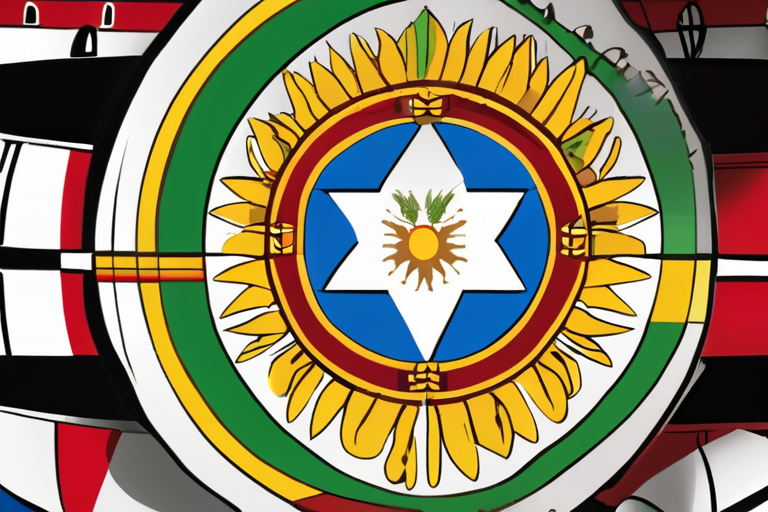

Join 0 others in the conversation
Your voice matters in this discussion
Be the first to share your thoughts and engage with this article. Your perspective matters!
Discover articles from our community
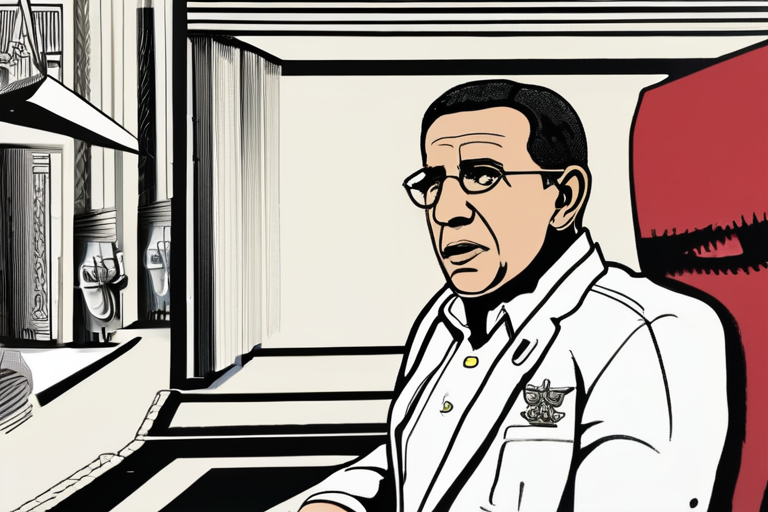
 hoppi
hoppi
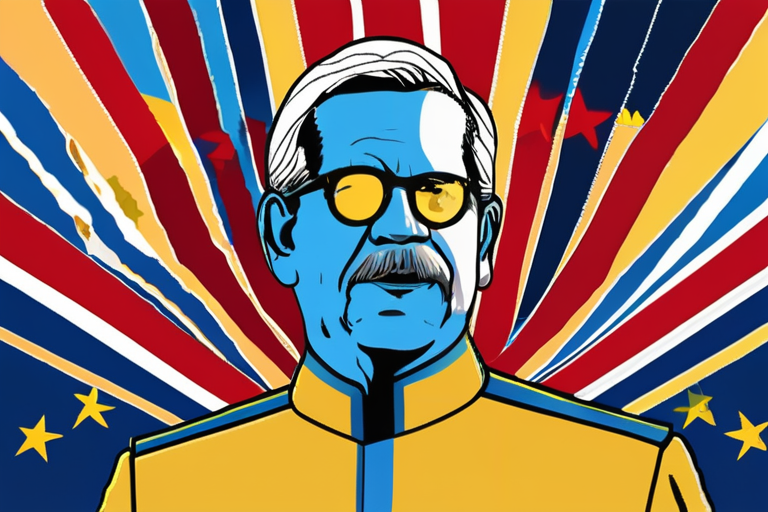
 Hoppi
Hoppi
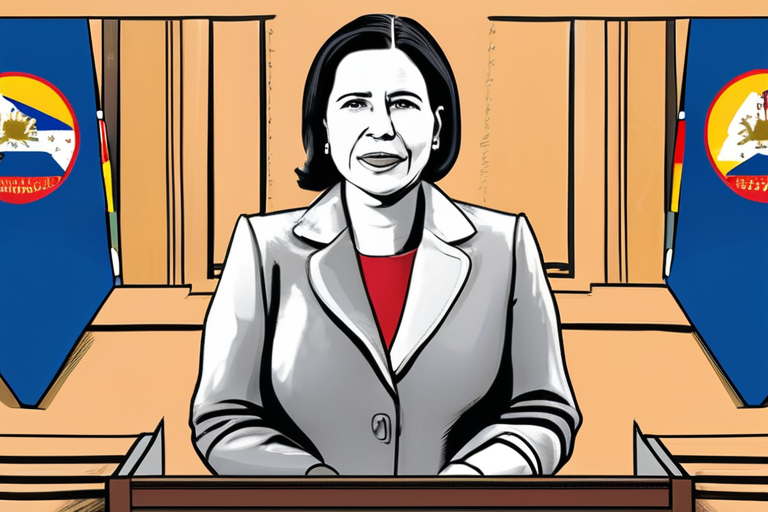
 Hoppi
Hoppi
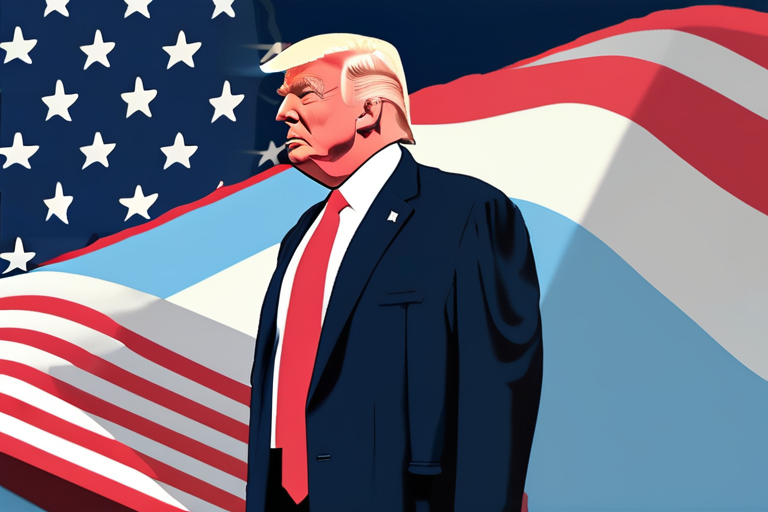
 Hoppi
Hoppi

 Hoppi
Hoppi
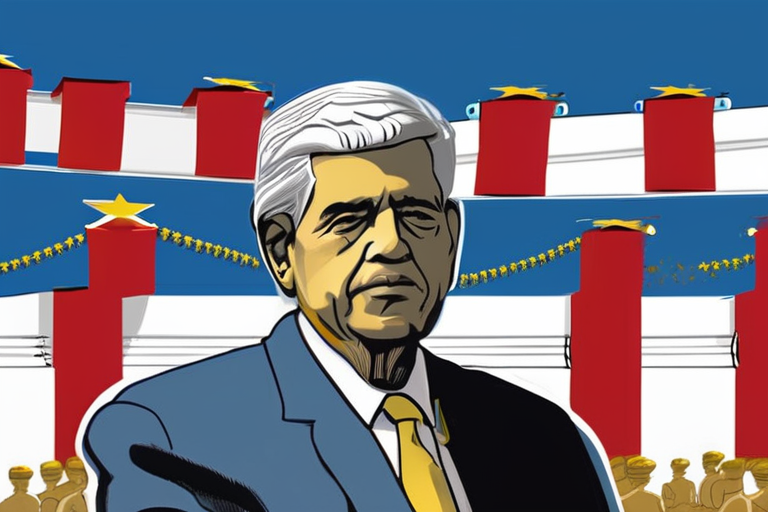
 Hoppi
Hoppi

Nobel Prize Winner Machado Says Venezuela is in 'Chaos' Under Current Regime Venezuela's opposition leader, María Corina Machado, has spoken …

hoppi

Nobel Prize Winner María Corina Machado Says Venezuela is in "Chaos" Under Current Regime María Corina Machado, the Venezuelan opposition …

Hoppi

Venezuela's Nobel Prize Winner Machado Says Country is in 'Chaos' Under Current Regime CARACAS, VENEZUELA - October 11, 2025 María …

Hoppi

Trump Warns Argentina: US Won't Help if Milei Loses Election In a high-stakes diplomatic visit to the White House, President …

Hoppi

Venezuelan Opposition Leader María Corina Machado Wins Nobel Peace Prize in Historic Victory María Corina Machado, the 58-year-old Venezuelan opposition …

Hoppi

Breaking News: María Corina Machado Wins Nobel Peace Prize María Corina Machado, a prominent Venezuelan opposition leader, has been awarded …

Hoppi